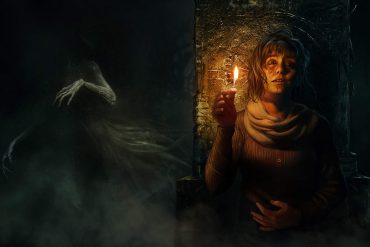Amnesia Alternatives
I was searching my long list of bookmarked webpages earlier today and came across this entry from Corvus Elrod’s Man Bytes Blog. In ‘Amnesia Alternatives’ Corvus outlines two ways that a storyteller (read: anyone setting up their game) can overcome the initial barrier to a players knowledge that a brand new world they’ve never experienced presents.
It’s unreasonable to expect every player to read a hefty manual explaining their character’s back story, or worse—to subject them to a lengthy game intro which delays their entry into the game itself.
So dumping the player into a situation
…










